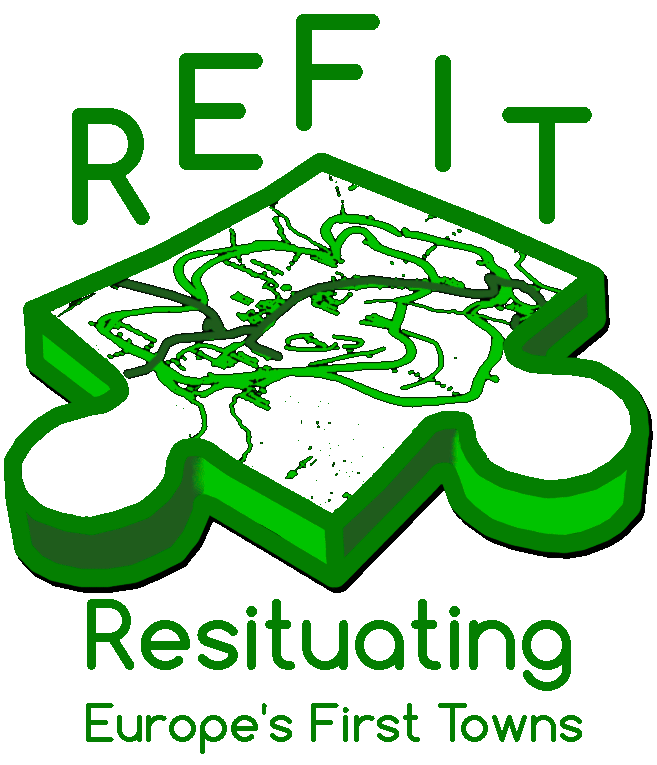
About the project
Understanding and integrating stakeholders as active creators and beneficiaries of cultural landscapes is an essential but under-developed element of heritage research. Through research focusing on some of the most significant monuments in European history (Late Iron Age oppida: c.200BC–AD60), this project will explore how communities (including farmers, small-medium enterprises (SMEs), wildlife organisations and residents) understand and experience cultural landscapes. Despite their significance (arguably representing Temperate Europe’s first urbanism), oppida are poorly recognised and underdeveloped as foci for cultural and economic sustainability whilst their large size (e.g. Bagendon, UK: 200ha; Bibracte, Fr: 200ha) ensures they are a challenge to manage.
The REFIT project maximises existing expertise on oppida through cooperation between three project partners: Durham University (UK), Bibracte EPPC (France) and Universidad Complutense de Madrid (Spain). The project recognises that the ecology, heritage and wildlife of these landscapes cannot be divorced from each other or their economic value. Working directly with our associate partners – Gloucestershire Wildlife Trust (UK); Reseau de Grand Sites de France (France); Natural Parc du Morvan (France), Regional Government of Avíla (Spain) and Cotswold Archaeology (UK) – we aim to develop a broader understanding of the perceptions and needs of stakeholders whilst integrating them into archaeological research. Building on best-practice we will implement a range of engagement strategies and resources (including digital open-access field guides; workshops; participatory fieldwork events) for 4 case study sites: Bibracte (France); Ulaca (Spain) and Bagendon & Salmonsbury in the UK. Through this, the REFIT project aims to enhance knowledge transfer and develop the sustainable management of these cultural landscapes.
Oppida represent an excellent example of heritage sites which, by their very nature, have to be integrated into working landscapes to ensure their sustainability. Often hard to visualise and experience in a single viewing, as both sites and at the same time landscapes, oppida challenge us to meet UNESCO’s call to move beyond outmoded concepts of ‘monuments’ and address ICOMOS and the Millennium Ecosystems Assessment’s call to integrate heritage with a broader range of values for cultural ecosystems. By working across disciplines with non-academic stakeholders (Wildlife organisations; Farmers; SMEs; National Parks; Heritage Protection Organisation; Regional Governments), this project will explore the experiences of such groups through exchange opportunities, allowing the transfer of expertise and experience between these, often dislocated, stakeholders.
The project addresses 4 key issues:
Awareness and Understanding: How do heritage users and stakeholders understand the significance of ‘oppida landscapes’? To what extent are they aware of/ participating in agri-environmental schemes and management frameworks?
Management: How does the management of these cultural landscapes relate to contemporary land use? What conflicts are there between farming, economic sustainability, public access, wildlife diversity, landscape character and heritage protection?
Engagement: How can constructive dialogue situate stakeholders within research to develop alternative strategies to enhance engagement with the cultural heritage of integrated landscapes to ensure their sustainability?
Knowledge Transfer: How might we transfer knowledge and expertise regarding different ways of enhancing the cultural and economic impact of oppida across Europe through integrating stakeholders, whilst ensuring oppida landscapes are sustainably managed

Map showing the locations and basic information about the 4 case study sites

Cultural landscapes include many different natural and human influences. This photograph of the cultural landscape of Ulaca shows cattle grazing inside the oppidum as well as tourists exploring the site.
Learn More About Our Project Partners
